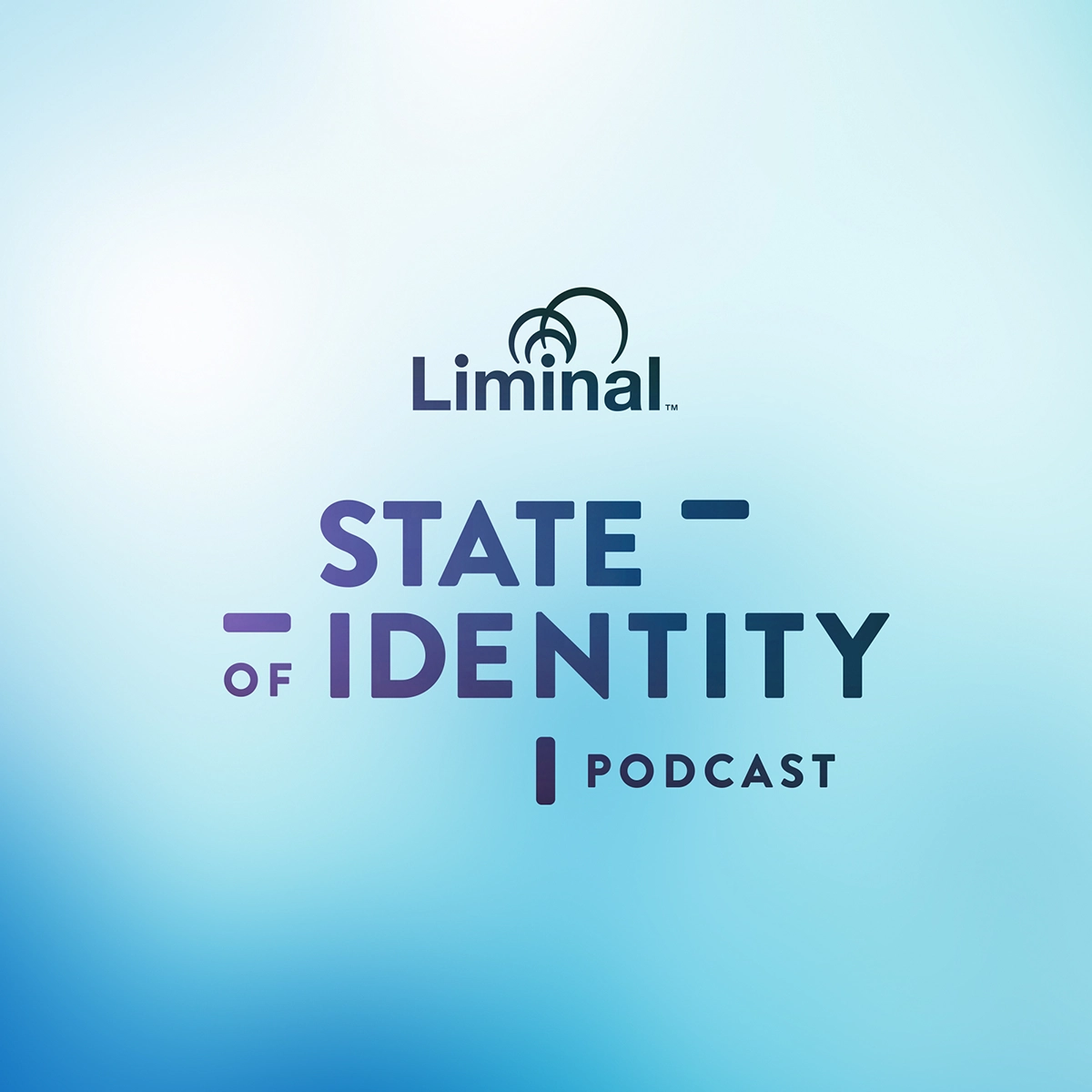Host Cameron D’Ambrosi is joined by guest Marcus Bartram, General Partner and founding team member at Telstra Ventures, to dive into his company’s digital identity investment thesis, its transition from corporate VC to an independent fund, Strata Identity’s right to win, and the expanding role of identity in the cybersecurity landscape.
PODCASTS

04/21/23
Identity as the New Cybersecurity Perimeter: An Investor’s Perspective
Hosted by
Cameron D'Ambrosi
Senior Principal at Liminal
Guest
Marcus Bartram
General Partner at Telstra Ventures
Links
